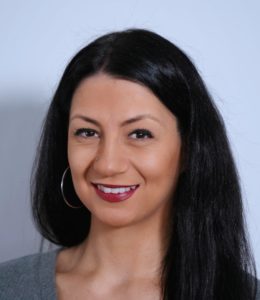Welcome to English as an Additional Language or EAL at Thebarton Senior College.
The subjects we offer are for students who are learning English as a language. After you’ve completed an English Language Program, such as our New Arrivals Program, or a course with another provider, we have a number of subjects that will help you to develop your English skills further. They will also give you credits for your SACE Certificate.
The Certificate in Further Study Skills is what you should study if you want to make sure that your English is of the right standard to begin studying SACE subjects, it also helps you learn about assessment and the study skills you will need.
If you would like to improve your spoken English then we have a subject called “Conversation and Pronunciation”. There is also a subject called “Grammar and Writing” which will help you to write accurately for study purposes. These will give you SACE credits even if you haven’t started Stage 1 yet.
Once you’re ready to start Stage 1 of your SACE you can study Stage 1 EAL for two semesters, which will prepare you for Stage 2, while continuing to improve your English language. You will complete the compulsory literacy requirement of the SACE by doing this too.
Then we offer you a choice of two Stage 2 subjects; one is called Essential EAL and this does not have an end-of-year exam, the other is called Stage 2 EAL and it does have an end-of-year exam. The good news is that both of these courses will contribute to your ATAR at the end of year 12.
Having good English language skills is important as English is the language of work and study in Australia. Studying EAL will help you in your current and future studies, and, if you decide to look for a job, the English language skills you learn here will be very valuable too.
So, check out more details in our course handbook and come and join us.

